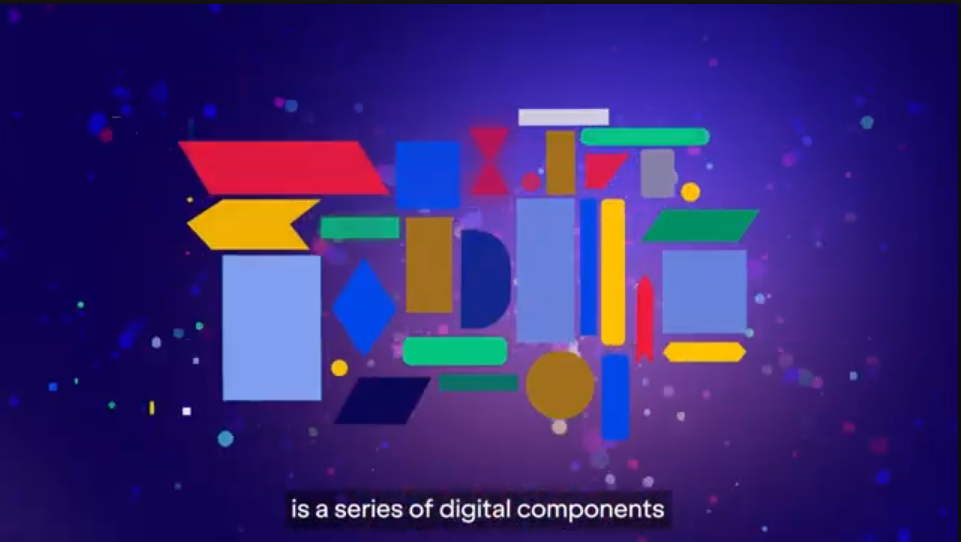New Digital Building Block Specifications Will Empower More Efficient Delivery of E-Government Services

Today GovStack, a leading consortium of global organizations, released a new version of the “Building Blocks Specifications.” Coupled with the GovStack Implementation Playbook, they can be used by governments and technology developers working to create cost-effective and vendor-agnostic solutions to reach people with e-government services. The specifications and related “use cases” – or real-life examples and scenarios – provide guidance on nine key technology “building blocks,” including payments, registries, and identification, that all governments must rely on as they digitalize services. These building blocks help build digital services that range from identification cards to vehicle registration, e-waste, digital payments and many more.
Government decision-makers regularly face a technology landscape of complex products and one-off solutions. The “digital building blocks” approach – based on the landmark SDG Digital Investment Framework – allows governments to leverage digital investments and create efficiencies across ministries and departments. Implementing these specifications can make those services more efficient and cost-effective for governments around the world.
Get a 90-second primer to what building blocks are and why they matter in this short video.
The building-blocks specifications can be used by developers; maintainers of both Digital Public Goods (DPGs) and commercial-off-the-shelf (COTS) software; and government CIOs and CTOs as they build digital services. The nine foundational building blocks defined in the new publication include identity verification, payments, consent, digital registries, messaging, information mediation, registration, scheduler and workflow. More than 80 tech experts from over 40 organizations contributed to this work.
GovStack works hand-in-hand with country governments to incorporate these building blocks as they digitize services. Djibouti, for example, will utilize selected building blocks to digitize construction permits and implement an e-Cabinet to serve its citizens more efficiently and foster information sharing. The government of Togo is using a whole-of-government building-block approach in its efforts to reach its citizens with digital IDs. These initiatives are a part of the D4D Collaboration for the Horn of Africa Initiative on Digital Government and Cybersecurity.
The GovStack initiative is a multi-stakeholder initiative led by the Federal Ministry for Economic Cooperation and Development (BMZ), Deutsche Gesellschaft für Internationale Zusammenarbeit (GIZ), Estonia, the International Telecommunication Union (ITU) and the Digital Impact Alliance (DIAL).
Other related GovStack resources:
The GovStack Implementation Playbook provides further guidance for governments on how to implement the building-blocks approach.
Learn more about GovStack’s work with country governments.
Discover use cases and the Building Blocks on the Digital Impact Exchange
